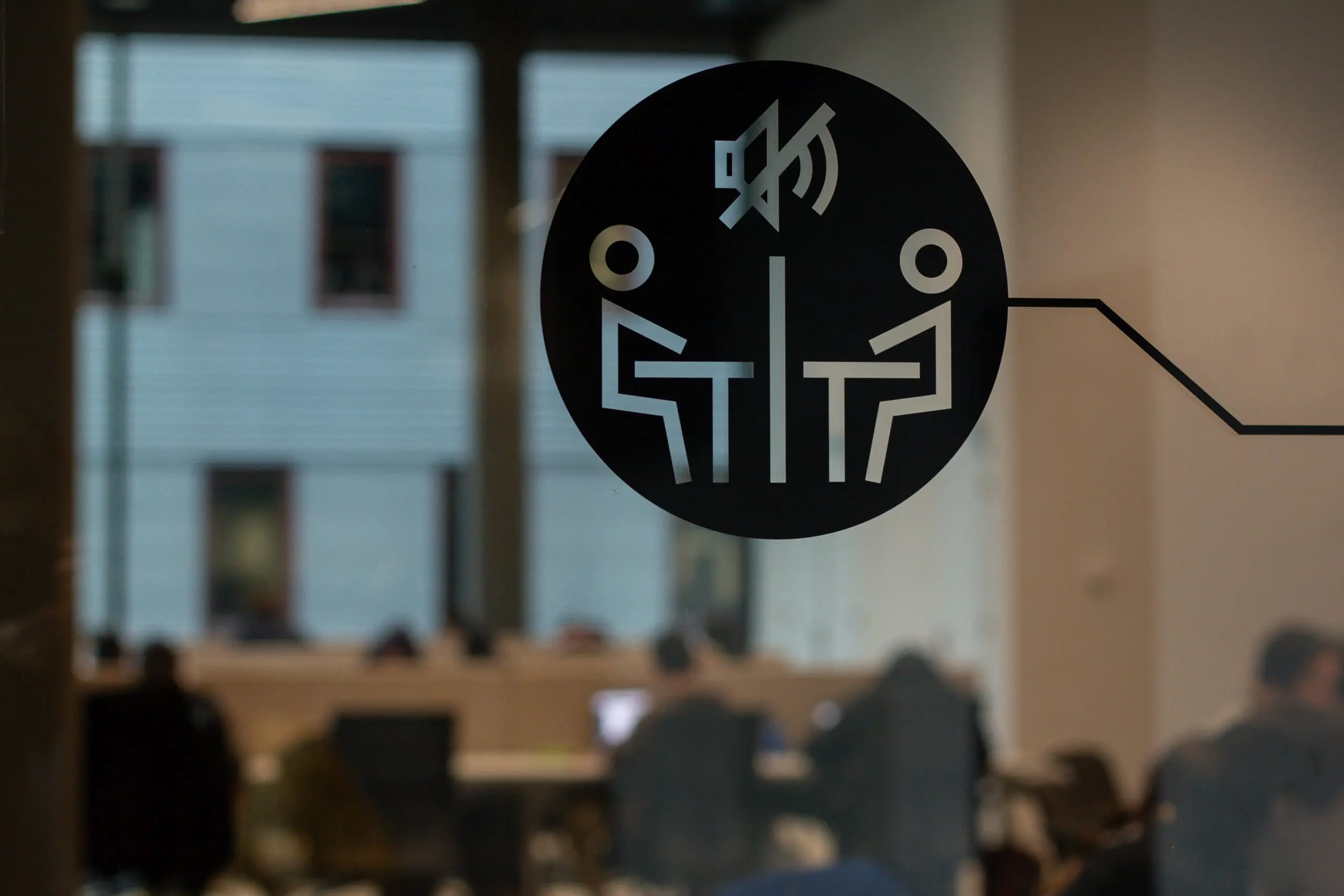TU Delft was too slow in granting an extension to a pre-master’s student with physical and mental disabilities, the Netherlands Institute for Human Rights has ruled. The student should have been given more clarity.
(Photo: Justyna Botor)
Six months before he started his two-year pre-master’s programme in September 2020, the student had informed the university that he had PTSD, Crohn’s disease, ADD and dyslexia. When he asked whether he could therefore be allowed to extend his time on the Delft premaster, TU Delft replied that the study should be completed within two years. Should the load capacity deteriorate, another extension of up to one year would be possible.
No guarantees
With no prior guarantees, the student then started the pre-master’s programme. After two months, he took a break due to burnout symptoms. In an email to the university, he explained that he was unable to find peace of mind because there were no clear agreements, even though he needed clarity precisely because of his limitations.
Six months later, after the student had engaged a lawyer, the university decided to grant a conditional extension. Too late, the Institute argues in its decision. The university should have taken into account the student’s physical and mental limitations and provided clarity sooner.
Unlawful discrimination
According to the Institute, Delft University of Technology failed to remove the student’s barriers to participation in a timely manner. As a result, he didn’t get a fair opportunity compared to students without disabilities or chronic illnesses. The university’s actions have therefore led to “unlawful discrimination”, the Institute writes.
HOP, Hein Cuppen
Update 21-8-2024
At the request of the student in the article, this article has been amended by the Hoger Onderwijs Persbureau on one point.
The sentence ‘When he asked if his disabilities entitled him to more time to complete the programme, the university replied that he could apply for an extension of up to a year if necessary.’ was replaced by ‘When he asked whether he could therefore be allowed to extend his time on the Delft premaster, TU Delft replied that the study should be completed within two years. Should the load capacity deteriorate, another extension of up to one year would be possible.’
Do you have a question or comment about this article?
redactie@hogeronderwijspersbureau.nl


Comments are closed.